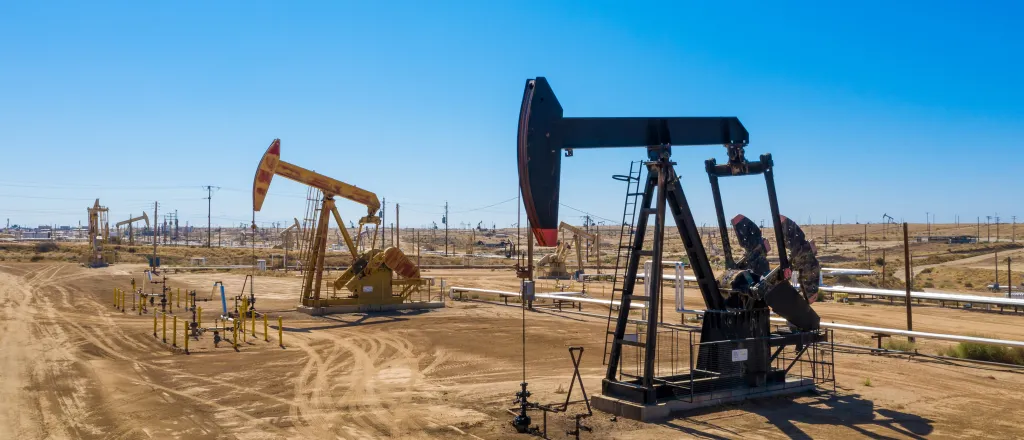
Dangers of fracking wastewater put spotlight on 'Halliburton Loophole'
(Ohio News Connection) A law known as the "Halliburton Loophole" is under growing scrutiny. It exempts oil and gas companies from revealing the chemicals they use in the hydraulic fracking process.
The latest study finds between 2014 and 2021, companies used hundreds of millions of pounds of toxic chemicals - without any governmental oversight.
Another report published last year by scientists and medical organizations says living near fracking sites increases risks for cancer, respiratory diseases, heart problems, birth defects and more.
Leatra Harper, managing director of the Freshwater Accountability Project, explained that the loophole prevents communities from understanding potential harms.
"People need to know what the exposures could be," said Harper. "We need to know what the chemicals are to look for when we find water contamination. And we don't even know how to test for it, because we don't know what to test for."
The Independent Petroleum Association of America and other industry groups argue that fracking poses little to no risk of harmful health effects.
Harper added that previously proposed federal legislation would have addressed the issue by requiring companies to reveal which chemicals they use in the fracking process.
"There's something called the FRAC Act that has just basically been mothballed," said Harper. "And we need to revive that and fix this problem that started at the federal level, that allowed this industry to take off."
As of 2022, hydraulic fracturing techniques have been used on an estimated 1.7 million wells across the U.S.

















